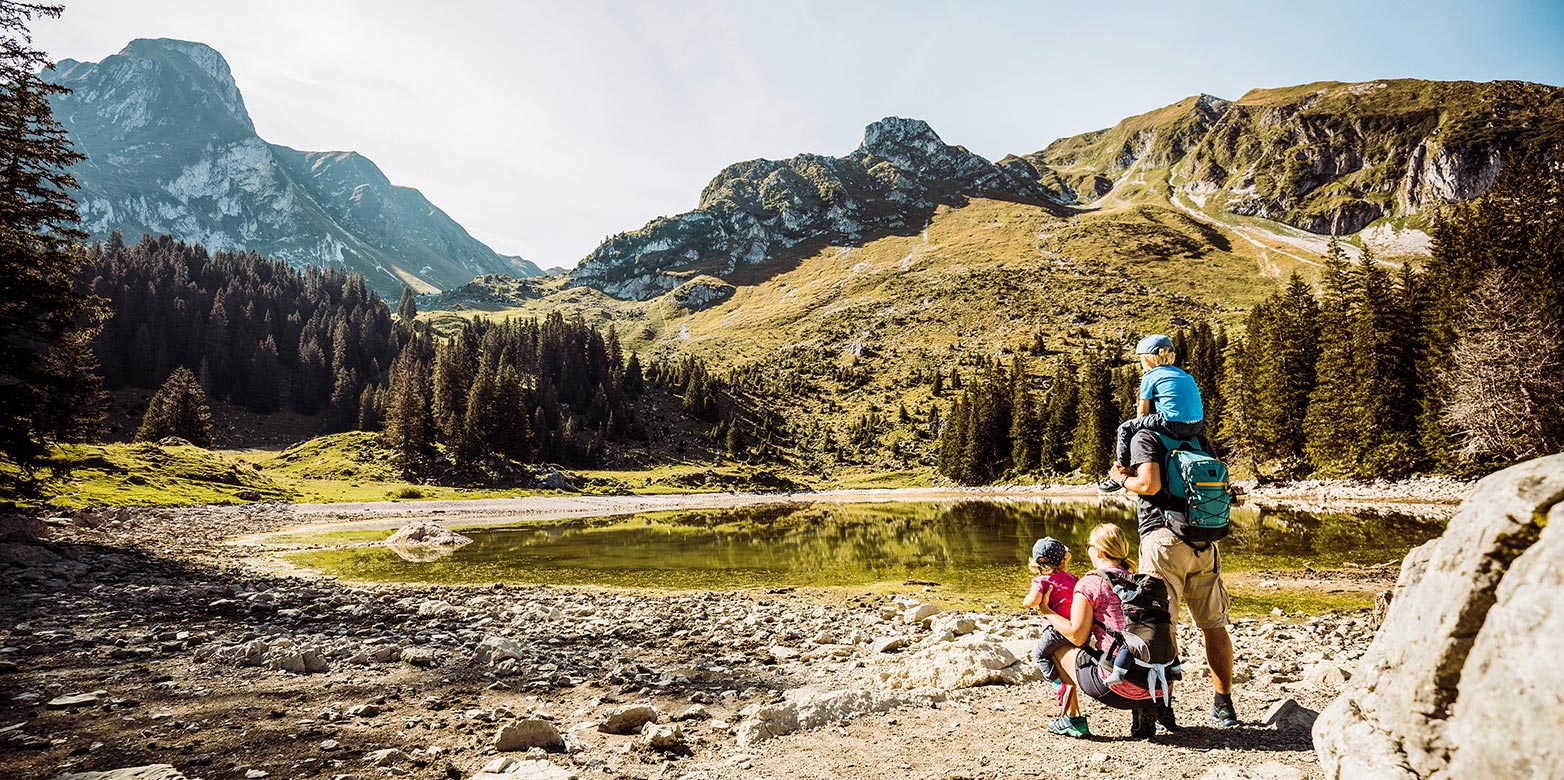Tourism Forecast: Number of Overnight Stays Will Fall by a Third
The absence of visitors from abroad will not be compensated for by domestic tourists in summer. Towns and cities must expect 50 per cent fewer overnight stays in the summer months, while the Alpine region is set to see a decrease of 20 to 30 per cent. During the entire 2020 tourism year the number of overnight stays is likely to fall by more than 30 per cent compared with last year. The hotel sector will lose more than CHF 900 million in value added.

Abrupt end to the 2019/2020 winter season; overnight stays fall significantly
The 2019/2020 winter season got off to a promising start – until the COVID-19 pandemic brought tourism to a halt. Hardly any other industry has been so severely affected by the measures to contain the pandemic. Over the course of March virtually all guests from abroad left Switzerland. The number of overnight stays in hotels fell by 62 per cent compared with last year; in April the occupancy rate was probably still 10 per cent. For the 2019/2020 winter season as a whole this represents a 23 per cent year-on-year drop in the number of overnight stays.
Summer season 2020: shift in weightings between regions
Tourism is now slowly being ramped up again for the summer season. As in many other countries, the focus in Switzerland will be on domestic tourism. The Alpine region and Ticino will benefit most from this. Here, the number of overnight stays by visitors from Switzerland in July and August should increase by 10 to 15 per cent compared with last year. In towns and cities, on the other hand, demand will remain significantly weaker owing to the ban on events and changes in people's behaviour. During the summer months they must expect to see a 20 per cent drop in domestic overnight stays compared with last year.
Domestic demand will nowhere near be able to compensate for the loss of foreign demand this summer. Demand from European visitors will recover to some extent as a result of plans to start opening borders from mid-June onwards. However, demand from overseas markets is expected to collapse. As guests from overseas spend a disproportionately high number of nights in towns and cities, this will also lead to a shift in the weightings between tourism regions. The number of overnight stays in towns and cities is likely to fall by almost 50 per cent in the summer months as a result of the pandemic, while the Alpine region is set to see a decrease of around 20 to 30 per cent.
Tourism in 2020: loss of 14.3 million overnight stays
During the 2020 tourism year as a whole the number of overnight stays is predicted to fall by 31.4 per cent compared with last year. While the slump in domestic demand will be relatively small (down by 14 per cent), the losses in international business will be huge (down by 45 per cent). The number of overnight stays by visitors from overseas markets will fall by up to 60 per cent. Last year’s level is unlikely to be reached again even in 2021. Although domestic and European demand will recover steadily, demand from overseas markets is not expected to return to normal until 2022.
In total the COVID-19 pandemic will result in an estimated loss of 14.3 million overnight stays in the 2020 tourism year compared with a non-pandemic scenario in which demand remains robust. The hotel sector as a whole is forecast to lose CHF 904 million in value added. The loss of turnover is likely to be CHF 1.8 billion.
With the exception of a few hotspots, prices in the hotel industry are expected to fall this year and recover in 2021. Prices in the hospitality sector are likely to rise to compensate for the low occupancy rate and the reduced capacity resulting from restrictions in some cases. Fares on mountain railways could also rise significantly if the number of passengers has to be drastically reduced.
Forecasting risks
This forecast is associated with considerable downside risks. For example, the crisis could drag on for longer than has been assumed in the baseline scenario. Future trends in international tourism are particularly difficult to predict at present. Other downside risks include the danger of a wave of sovereign debt crises in the euro zone as public finances in many countries come under pressure in the wake of the deep recession. However, an accelerated fight against the pandemic – arising, for example, from rapid progress in the development of a vaccine – could also enable the tourism sector to perform better than forecast here.
The full KOF Tourism Forecast (in german) can be found Download here (PDF, 1001 KB).
The KOF tourism forecasts are prepared on behalf of the external page State Secretariat for Economic Affairs (SECO). SECO is in a position to finance tourism forecasts via the Swiss Federal Act on the promotion of innovation, cooperation and the expansion of expertise in the tourism sector (Innotour). The primary addressees of the tourism forecasts are the tourist sector and the cantons.
Contact
No database information available